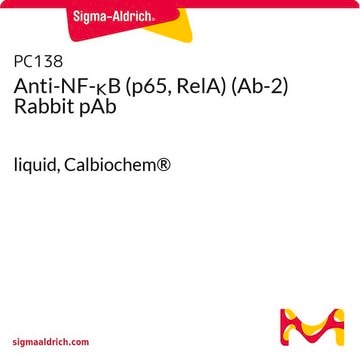R5754
9-cis-Retinal
vitamin A analog
Synonym(s):
Vitamin A aldehyde
About This Item
Recommended Products
Assay
≥95% (HPLC)
form
powder
technique(s)
HPLC: suitable
color
yellow to yellow-orange
mp
56-58 °C (lit.)
shipped in
dry ice
storage temp.
−20°C
SMILES string
CC(=C\C=O)/C=C/C=C(C)\C=C\C1=C(C)CCCC1(C)C
InChI
1S/C20H28O/c1-16(8-6-9-17(2)13-15-21)11-12-19-18(3)10-7-14-20(19,4)5/h6,8-9,11-13,15H,7,10,14H2,1-5H3/b9-6+,12-11+,16-8-,17-13+
InChI key
NCYCYZXNIZJOKI-MKOSUFFBSA-N
Looking for similar products? Visit Product Comparison Guide
Related Categories
Application
Biochem/physiol Actions
9-cis retinal is a natural ligand (chromophore) of the vertebrate rod visual pigment. 9-cis retinal is used in studies on the mechanisms of visual function.
Signal Word
Warning
Hazard Statements
Precautionary Statements
Hazard Classifications
Acute Tox. 4 Dermal - Acute Tox. 4 Inhalation - Acute Tox. 4 Oral - Skin Irrit. 2
Storage Class Code
11 - Combustible Solids
WGK
WGK 3
Flash Point(F)
Not applicable
Flash Point(C)
Not applicable
Personal Protective Equipment
Certificates of Analysis (COA)
Search for Certificates of Analysis (COA) by entering the products Lot/Batch Number. Lot and Batch Numbers can be found on a product’s label following the words ‘Lot’ or ‘Batch’.
Already Own This Product?
Find documentation for the products that you have recently purchased in the Document Library.
Customers Also Viewed
Our team of scientists has experience in all areas of research including Life Science, Material Science, Chemical Synthesis, Chromatography, Analytical and many others.
Contact Technical Service












